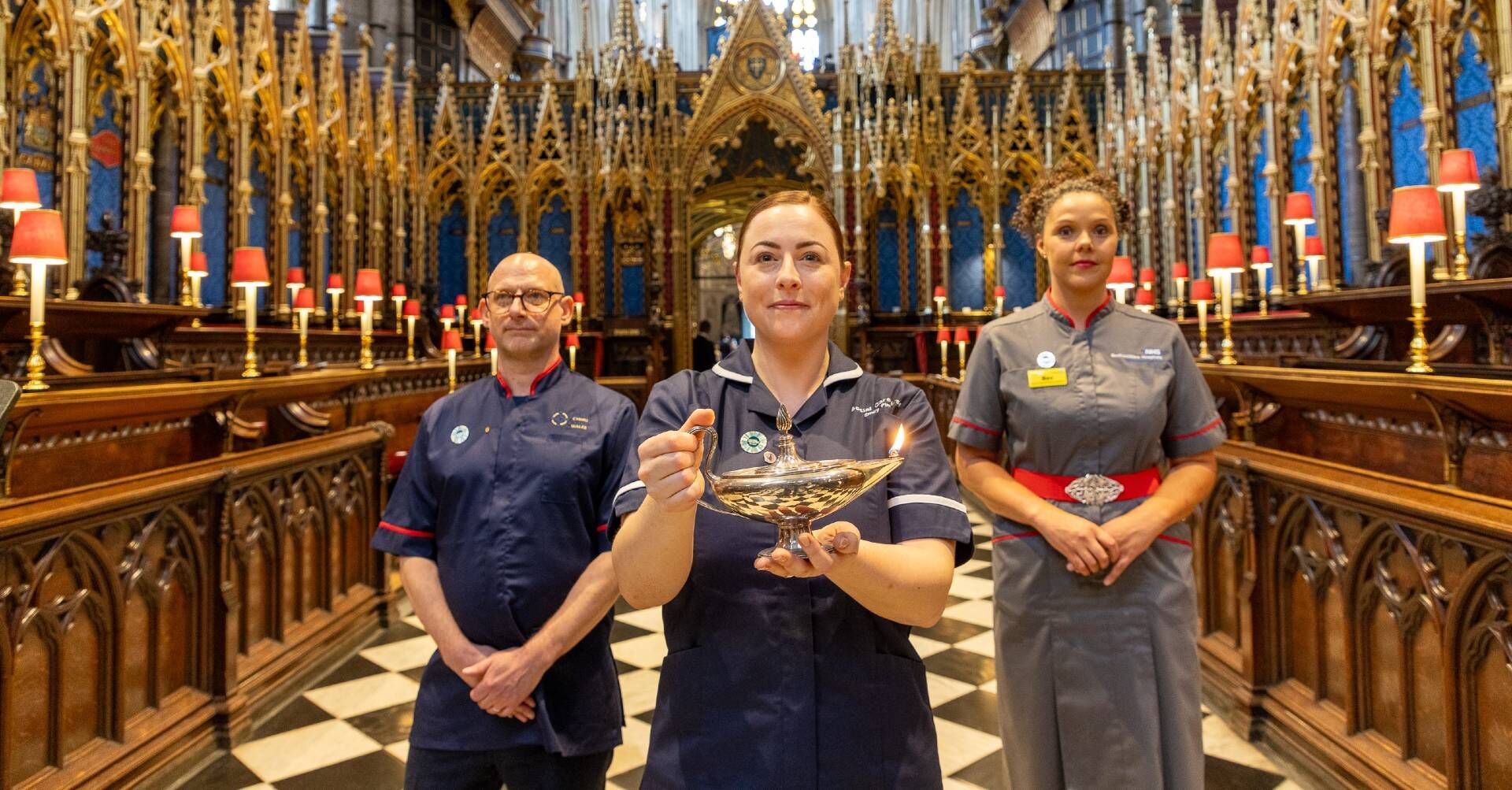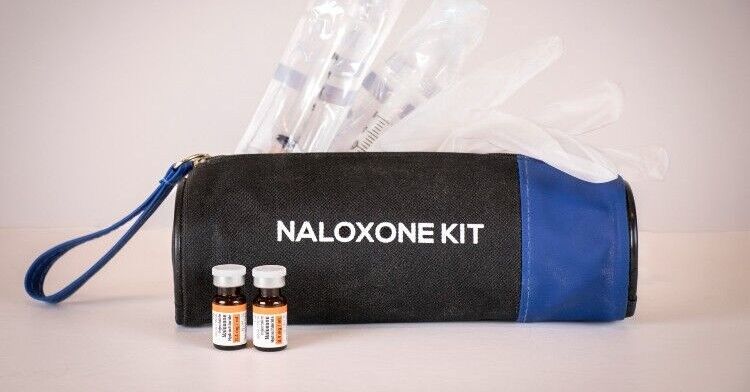The first evidence-based guidance for NHS staff who are affected by a colleague’s suicide has been published.
It highlights the importance of rapid and robust responses to the immediate needs of staff following a suicide, alongside cultural awareness of mental health issues.
Postvention guidance: Supporting NHS staff after the death by suicide of a colleague is based on a two-year study by the University of Surrey.
Postvention refers to the support and care offered to people who have been affected by a suicide death ‘to facilitate recovery after suicide and prevent adverse outcomes including suicidal behaviour’.
Earlier this year, nurses attending the Royal College of Nursing’s (RCN) annual congress called for the implementation of a suicide prevention programme for the nursing workforce in the UK.
While sharing tragic stories of nurses and colleagues who had died by suicide, members of the RCN discussed the need for urgent action on suicide within the profession, and highlighted how a ‘consistent and coordinated approach’ was required.
The new guidance calls on ICBs and trusts to put in place a trained team who can respond quickly to the needs of staff in the event of a colleague’s suicide. It said response to a colleague’s suicide needs to be ‘rapid and robust and attend to the immediate and ongoing needs of all colleagues and managers’.
And it added that a suicide-aware and mental-health-aware culture must be nurtured across the NHS.
Researchers found existing suicide support guidance was not specific enough for the NHS, and that support has often fallen short of staff needs.
The suicide rate for health professionals is 24% higher than the national average. The rates are highest for female nurses, male paramedics and female doctors.
Those affected by suicide are at greater risk of mental ill health and suicide attempts themselves – around 7-9% of people bereaved by suicide subsequently attempt suicide themselves.
But past research shows that if people affected receive support early enough, it can help them come to terms with their loss and reduce the risk of mental health problems and suicide.
The guidance sets out the support individuals may need, providing advice on issues such as how to break the news and how to address the impact, both emotionally and practically, afterwards.
For example, it said the effect of colleague suicide on staff can be severe enough that they cannot work safely. This would need to be taken seriously and risk-assessed.
The guidance includes a checklist for managers as well as helpful resources.
Principal investigator Ruth Riley said: ‘Compassionate, targeted and timely support after a suicide not only helps NHS employees, it also protects the patients, people and communities they serve.’
Keele University GP principal professor of general practice research Carolyn Chew-Graham added: ‘When a colleague dies by suicide, it can have an impact on all members of a clinical team.
‘This guidance should lead to the establishment of a team of staff who can respond rapidly, safely and robustly to the needs of those bereaved by a colleague’s suicide.’
If you need someone to talk to the Samaritans can be contacted on 116123 and The Laura Hyde Foundation – a mental health charity set up in memory of a Royal Navy nurse who died by suicide – can be found here.
A version of this article was first published by our sister title Management in Practice







